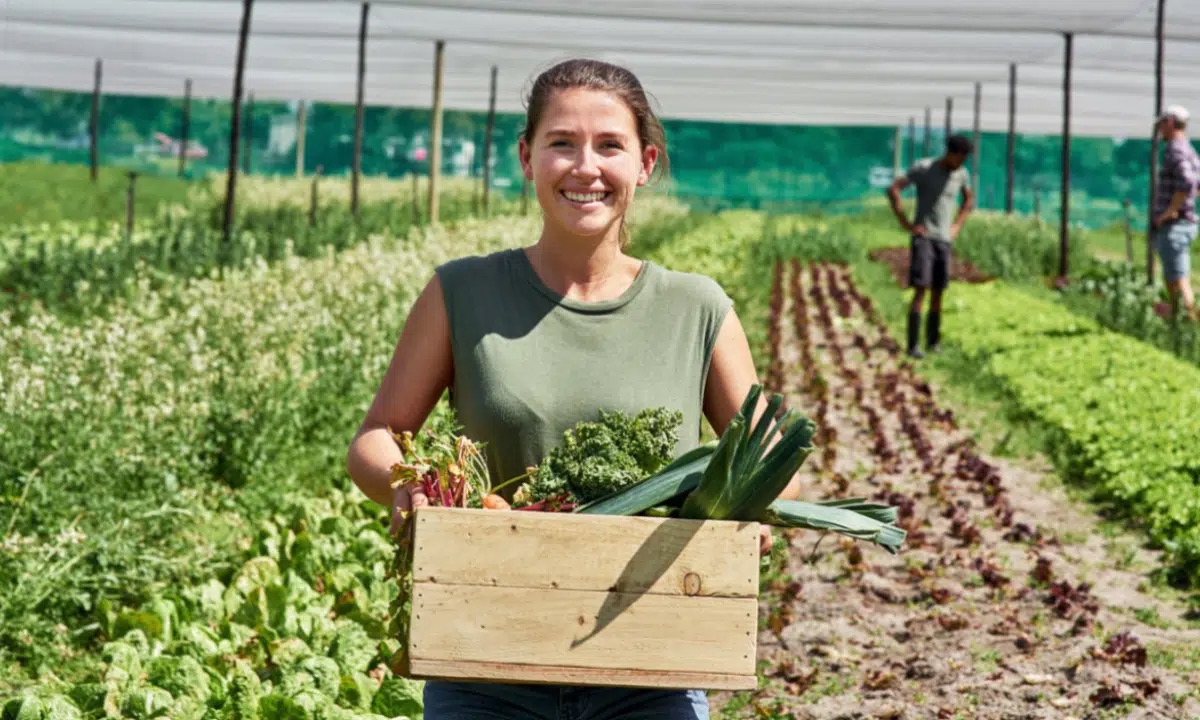3 Reasons Why Food Must Be Treated With Integrity
Food is an essential part of our daily lives as it provides us with the necessary nutrients, energy, and sustenance required for our bodies to function properly. It nourishes our bodies, fuels our activities, and supports our overall well-being. Moreover, the choices regarding the foods we eat can have long-term impacts on our health, the environment, and even the economy.
Not all foods are created equal, and not all food is treated with the integrity it deserves. That is why True Grade is committed to providing consumers with high-quality foods, free from harmful chemicals and additives.
Treating food with integrity means prioritizing natural and sustainable methods of production, free from harmful additives and chemicals. It means being transparent and ethical, prioritizing the well-being of consumers and the environment.
Unfortunately, there are four chemicals, which are more commonly found in food than one would think. Chemicals that pose potential health risks and negative impacts on the environment. These chemicals are red dye no. 3, potassium bromate, brominated vegetable oil, and propylparaben. Red dye no. 3 can contaminate water bodies and soil, threatening aquatic life and ecosystems. Potassium bromate persists in water and soil, leading to long-term contamination and toxic effects on aquatic organisms. Brominated vegetable oil (BVO) disrupts ecosystems and harms biodiversity by accumulating in organisms. Propylparaben, commonly used in food and cosmetics, can potentially disrupt aquatic ecosystems, and impact the reproductive capabilities of aquatic organisms.
Recognizing the potential harmful impact of these chemicals, governments have taken various actions to regulate these chemicals in food. For instance, the use of potassium bromate has been restricted or banned in several countries due to its carcinogenic potential. In the United States, the FDA regulates the use of food additives and colorings like red dye no. 3, ensuring that they meet safety standards. This proactive governmental approach is crucial in ensuring food integrity and building consumer trust.
Treating food with integrity is crucial for several reasons. Firstly, food waste is a major contributor to environmental degradation as it leads to extensive landfill waste and the emission of harmful greenhouse gases like methane, intensifying climate change. Embracing sustainable and ethical agricultural practices, such as supporting local and organic farming, not only conserves biodiversity but reduces soil and water pollution by minimizing harmful chemicals and pesticides, helping preserve natural resources and ecosystems.
Secondly, integrity in food production is vital for our health because the quality of our food directly impacts our overall well-being. When we prioritize food produced sustainably, without harmful chemicals and pesticides, it not only supports better nutrition but also reduces the risk of health issues. Nutrient-rich, unprocessed foods provide our bodies with essential vitamins, minerals, and proteins, necessary for physical and mental health. Conversely, a diet laden with processed or low-quality food can lead to obesity, heart disease, diabetes, and nutrient deficiencies, compromising our health. Thus, by choosing foods treated with integrity, we ensure our bodies receive the nourishment they require to function optimally and safeguard our long-term well-being.
Lastly, promoting a circular food economy is an approach that aims to minimize waste, enhance sustainability, and create a more efficient and regenerative system. In a circular food economy, resources are used thoughtfully, and waste is minimized through practices like recycling, composting organic materials, and repurposing food by-products. The system prioritizes local and sustainable sourcing, reducing the carbon footprint of food production and transportation. Additionally, it encourages innovations like alternative protein sources, vertical farming, and smart packaging to optimize resource use. A circular food economy aims to create a comprehensive and resilient food system that benefits the environment, enhances food security, and ensures the long-term well-being of producers and consumers.
It is time for all of us to demand the food we consume be treated with the integrity it deserves. True Grade is committed to transparency and sustainability and is proud to be part of the movement towards a healthier, more environmentally conscious, economically viable food system. By working closely with all our suppliers and customers, we are working to ensure the future is fed.
To learn more about enhancing food integrity, read this article from New Food Magazine.







